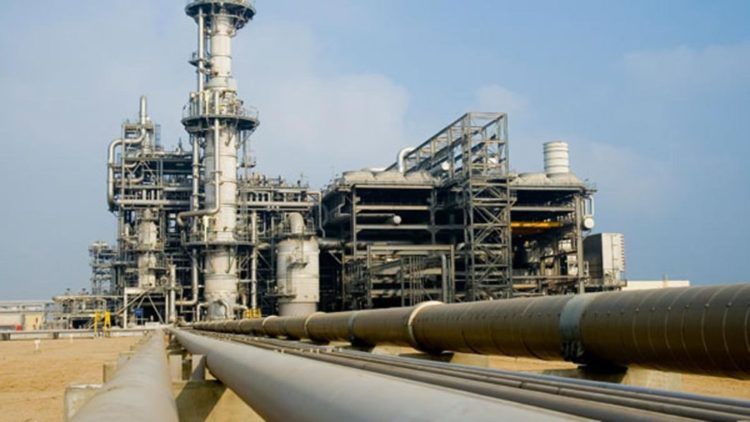In a region marred by uncertainty and mounting security risks, Nigeria’s ambitious $13 billion Trans-Saharan gas pipeline project faces an uphill battle.
The project, envisioned to stretch 4,128 kilometers from Warri in southern Nigeria through Niger to Algeria’s Hassi R’Mel gas hub, has long been hailed as Nigeria’s ticket to the European gas market. However, recent developments threaten its viability.
Despite Nigeria’s declaration of the 2020s as the “decade of gas,” exporting its abundant gas resources to Europe has proven challenging.
The coup in Niger and funding woes surrounding the critical AKK pipeline within Nigeria are putting the Trans-Saharan project in jeopardy.
The Trans-Saharan pipeline, a collaboration between Nigeria, Niger, and Algeria since 2002, is designed to carry a substantial 30 billion cubic meters of gas daily.
However, the security situation in Niger and neighboring regions poses a significant risk, both during construction and after.
Additionally, the project’s dependence on the delayed and self-funded AKK pipeline introduces complexity and uncertainty.
The political crisis in Niger, triggered by a military coup in July, has further complicated matters.
Nigeria-led regional bloc ECOWAS has threatened troop deployment in response, casting doubts on the stability of the Nigeria-Niger border and potentially escalating insecurity in the Chad Basin and the wider Sahel complex.
Much of the Trans-Saharan pipeline’s $13 billion budget is allocated to Niger, which currently produces limited oil and gas but is poised to bring the 110,000 b/d Chinese-built Niger-Benin oil pipeline online soon.
This pipeline could help Niger monetize its recoverable gas reserves and combat illicit fuel trade in the region.
Algeria’s involvement in mediating the Niger crisis is also noteworthy, indicating its vested interest in the Trans-Saharan project’s success.
Algeria seeks to exploit increased European gas demand and is unwilling to support ECOWAS sanctions.
While questions persist regarding the Nigerien portion of the project, Nigeria’s issues also linger.
The AKK gas pipeline’s construction has stalled due to a lack of financing after Chinese banks withdrew support.
The Nigerian National Petroleum Company Limited (NNPCL) is now funding the project, which was originally set for completion in 2022 but could remain unfinished for years.
This situation adds to Nigeria’s broader challenges in the oil and gas sector.
Despite substantial natural gas reserves, limited export infrastructure hampers its ability to meet soaring European gas demand following Russia’s invasion of Ukraine.
Nigeria exported only 9.06 million mt of LNG to Europe in 2022, a slight decrease from 2021.
The Trans-Saharan pipeline faces competition from the Trans Africa pipeline, an even more ambitious project connecting 13 West African countries from Nigeria to Morocco.
While an MOU between Nigeria and Morocco brings the Trans Africa project closer, it remains a distant goal.
Experts suggest that Nigeria should prioritize boosting LNG production and exports over large-scale transnational pipeline projects, given their effectiveness in monetizing gas resources.
As Nigeria grapples with these challenges, the fate of the Trans-Saharan gas pipeline project hangs in the balance, casting a shadow on the nation’s energy ambitions and its quest to meet Europe’s growing gas demand.
Do you want to share a story with us? Do you want to advertise with us? Do you need publicity for a product, service, or event? Contact us on WhatsApp +2348183319097 Email: platformtimes@gmail.com
We are committed to impactful investigative journalism for human interest and social justice. Your donation will help us tell more stories. Kindly donate any amount HERE




